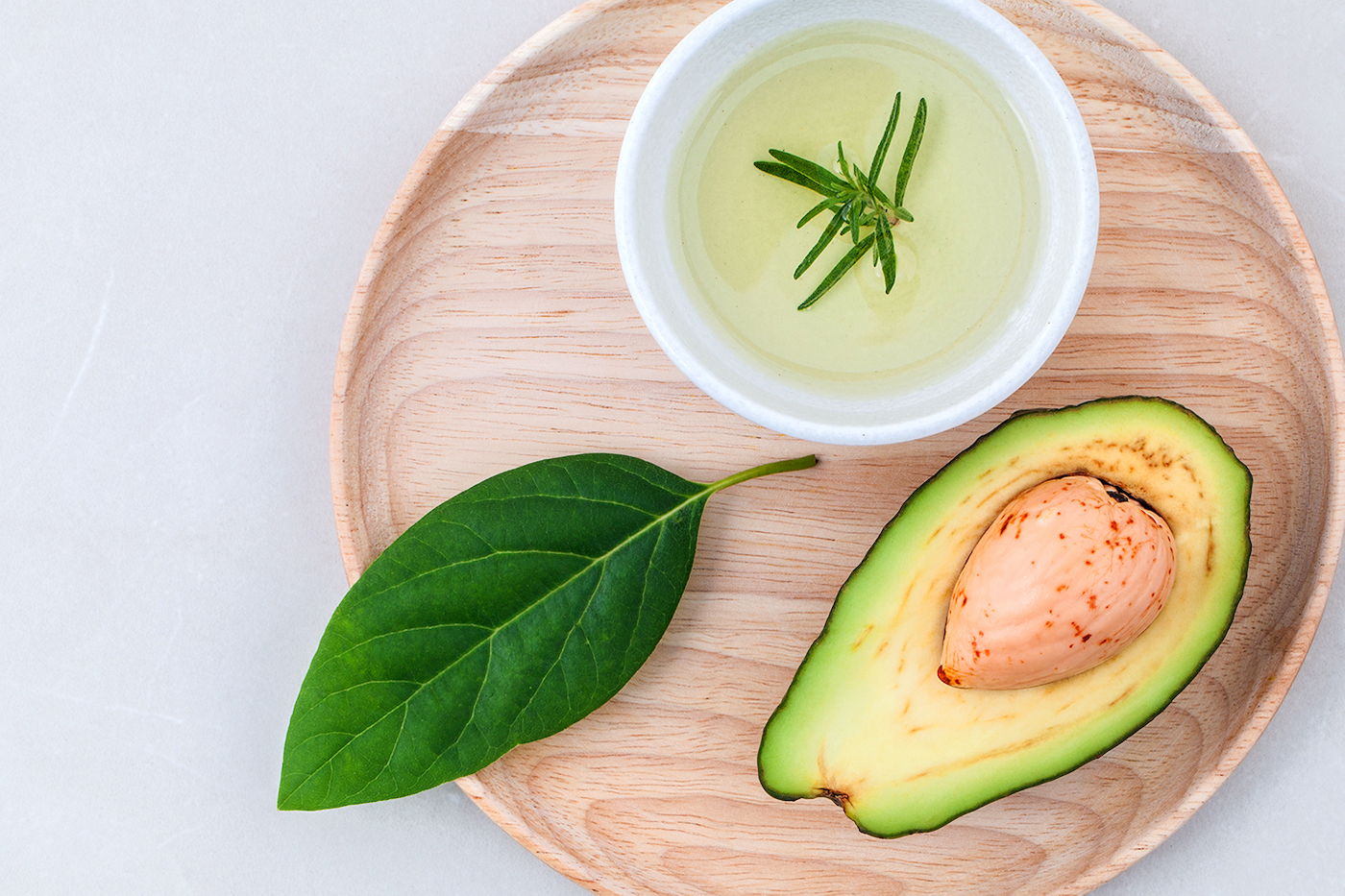
January 28, 2020 at 05:20PM by CWC
Just when you thought the not-so-humble avocado had been exploited to the point where it could be exploited no further (e.g. avocado hummus, avocado mayo, avocado brownies, avocado pancakes, avocado face masks, avocado hair oil, etc., etc., etc.), I’m here to announce that avocado leaf tea is here.
Though they’re not the first to utilize the leaves of avocado trees for their health benefits, a pair of avocado farmers in California recently created a patent-pending process to create single-serving teabags which optimally deliver the plant’s nutritional benefits. But are said benefits real, or just hype hoping to piggyback off the popularity of everyone’s favorite fruit?
According to the makers of Avocado Tea—which won first place in the “People’s Tea Choice Awards” at the World Tea Expo—the stuff’s packed with antioxidants, polyphenols, flavonoids, terpenes, and serotonin.
According to the makers of Avocado Tea—which won first place in the “People’s Tea Choice Awards” at the World Tea Expo—the stuff’s packed with antioxidants, polyphenols, flavonoids, terpenes, and serotonin. As a result of this allegedly potent brew, avocado leaf tea is purported to support kidney health and also heart health (with allegedly three times the catchetins as green tea), help regulate blood pressure and blood sugar, and reduce the incidence of seizures, among other things.
Some small studies (linked in paragraph above) do support these findings; however, Brittany Modell, MS, RD, and founder of Brittany Modell Nutrition and Wellness, offers caveats to this research. “Similar to many studies, studies proving the benefits of avocado leaf tea have been mostly conducted on mice and rats so the impact on humans is not as clear,” she says. “That being said, avocados are a very rich source of nutrients and phytochemicals, so it does not surprise me that avocado leaf tea could potentially provide health benefits.”
ADVERTISEMENT
ADVERTISEMENTKate Spade Autumn/Winter Sale |
Ginger Hultin, spokesperson for the Academy of Nutrition and Dietetics and Owner of Champagne Nutrition, similarly tempers her read on the tea’s benefits based on the limited nature of the research. “When I looked at the studies cited about the benefits of avocado leaf tea, they are limited and done on animals,” she says. “The hypoglycemia (blood sugar-lowering) study was done on rats, anti-inflammatory [studying] was done on mice, vasorelaxant (blood pressure-lowering) [studying] was done on an isolated aorta of a rat, [the] anticonvulsants [study] was [done on] rats, the anti-diabetes properties [study] was rats, and the anti-viral/wound healing [study] was a review of mostly in-vitro (petri-dish) studies.”
This doesn’t mean, however, that the findings aren’t exciting. After surveying these studies, Dana Hunnes, PhD, RD, a dietician at the Ronald Reagan-UCLA Medical Center and professor at the UCLA Fielding School of Public Health, says she’s interested in seeing what comes of more research, particularly when it comes to the plant’s unique anti-seizure and anti-ulcer properties; however, this is more so from a medicinal standpoint than an overall wellness one. “I have not seen [those benefits] in other types of tea, and if it can really help, then being able to isolate out some of those compounds [for specifically medicinal purposes] might be useful in the future,” she says.
All three pros say that if you are going to try out avocado leaf tea at this stage, moderation is key, as there’s no clear data around safe dosage for humans. “When I dove specifically into avocado leaf consumption in Natural Medicines Database, I found some troubling warnings specifically about avocado leaves and underripe fruit,” Hultin says. “Note that these are also animal studies, but they have a ‘toxicity’ section that claims some research shows potential for toxic adverse effects, including heart damage, lung damage, liver congestion, fluid retention and problems with milk production in lactating animals.” Hunnes recommends one to two cups per day. (As always, do your own research and consult a doctor before adding anything untried into your diet!)
Even at presumably safe doses, however, Modell cautions against looking to the tea as a miracle cure for anything. “There is no such magical superfood that will change the trajectory of your health,” she says. “Instead, you should focus on consuming a well-balanced diet full of whole foods, such as fruits, vegetables, whole grains, nuts, seeds, and healthy fats.”
So, it might be too soon to go as bananas for avocado leaves as we’ve gone for their sibling the avocado. With that said, if you have an avocado tree in your yard, I’d prepare to start selling some small-batch brew as a side hustle, stat, because if there’s one thing we’ve learned in the last decade, it’s that our appetite for all things avocado is insatiable.
Into the niche teas? Try banana peel brew for better sleep (and sorta less food waste). Plus, a dietician weighs in on which tea—matcha or green—is better for you.
Author Erin Bunch | Well and Good
Selected by CWC

ADVERTISEMENT
ADVERTISEMENTUp to 30% off Gift Sets |







